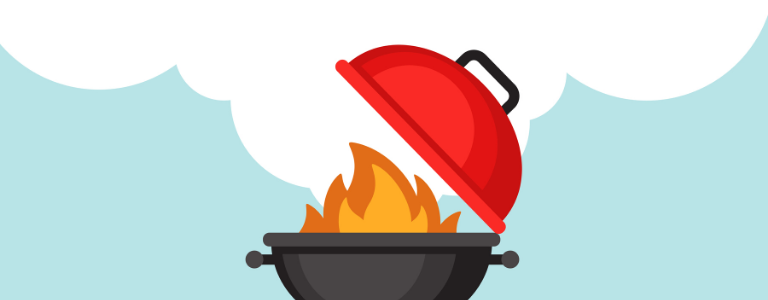As summer heats up, so do outdoor grills! That’s why it’s especially important that community members take precautions when enjoying the benefits of outdoor grilling. Often seen as an enjoyable pastime, outdoor grilling seems to make any kind of meat taste better.
However, using open flame grills and similar devices can be unsafe and, depending on where you live, may even be prohibited by local fire ordinances.
Because you cannot control the wind or the direction of the smoke, most fire codes and local ordinances prohibit using open-flame gas or charcoal grills on balconies, beneath overhangs, or within 10 feet of any building. While this is true for multi-residential housing units, these same codes usually exclude single-family dwellings, but they are still wise safety guidelines to adhere to. It’s a good idea for the association to adopt a resolution that prohibits grilling with gas, charcoal, or wood grills on or beneath elevated decks, roof decks, and balconies. Also, grilling should be restricted to at least 10 feet from any building or structure.
Types of Grills
There are different types of outdoor grills available. Open flame grills use wood, charcoal, gas, or pellets as fuel. Electric grills burn almost as hot as charcoal or gas, but they are generally considered safer and cleaner than their open flame counterparts.
Charcoal Grills
- Use only proper starting fluid. Avoid using any combustible or flammable liquid other than charcoal starter fluid to ignite charcoal. Keep out of reach of children!
- Store charcoal properly when not in use. If charcoal gets wet, leave in a well-ventilated area outside of the home to dry. Charcoal can spontaneously ignite when dried, so be sure it is safely stored.
- Once coal has cooled at least 48 hours, wrap cold ashes in heavy duty aluminum foil and place them in a noncombustible container to be properly disposed of.
Gas Grills
- Check for leaks before using your grill for the first time each year. Also, check to be sure the gas supply at the bottle has been turned off after cooking is completed.
- If you smell gas while cooking, move away from the grill and call “911”. Do not attempt to move the grill.
- Safe storage of propane gas cylinders is essential. Never store propane gas cylinders inside buildings (such as garages or sheds).
Electric Grills
- Inspect the cord, plug, and all connections for damage before operation. Use GFCI outlets to plug in the electric grill.
- When not in use, the electric grill should be unplugged.
- Keep the grill and its components away from water. (This includes rain!) Never immerse the plug, cord, or heating element in water or any other liquid!
Safety Tips for Outdoor Grilling
While not foolproof, the following safety tips should be taken as general precautions for all types of outdoor grilling:
- Always keep a portable fire extinguisher near the grilling area. Be sure to check that the fire extinguisher is in proper working order prior to lighting the grill.
- Follow all manufacturers’ instructions regarding the set up, operation, maintenance, and clearance to combustibles. Do not alter or modify the grill.
- Before using, check to be sure that any grease or fat deposits have been cleaned from the grill pans; this will minimize the risk of grease fire.
- Never attempt to use open flame grills indoors! They are strictly for outdoor use. Open flame grills pose considerable fire and asphyxiation hazards if used in enclosed spaces
- Grills must be monitored at all times while in use! Teach children to stay away from grill areas and warn them of the burn hazards.
- Ensure that grills are positioned with enough clearance to avoid flame spreading under building eaves and any overhanging tree limbs. Also, they should be several feet away from deck railing and siding and placed a safe distance away from play areas, foot traffic, and lawn games.
- Use appropriate grilling utensils with long handles to minimize the risk of burns.
According to the National Fire Protection Association (NFPA), one-half of all structure fires started by gas or charcoal grills begin on an open porch or on an exterior balcony. Make sure your HOA is covered! Consult with your association’s legal counsel to assess exposure.





